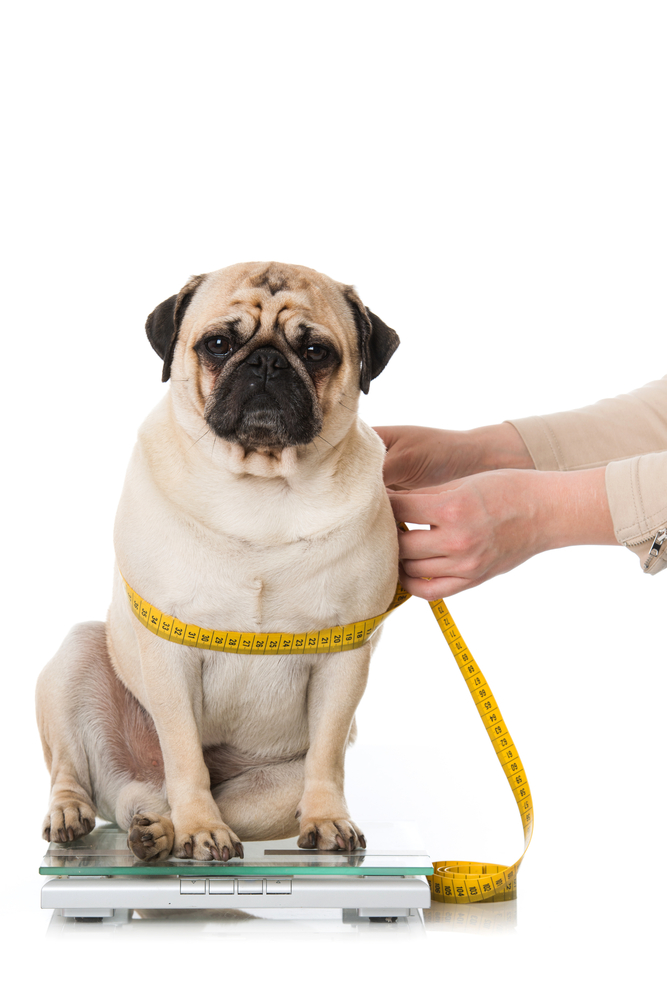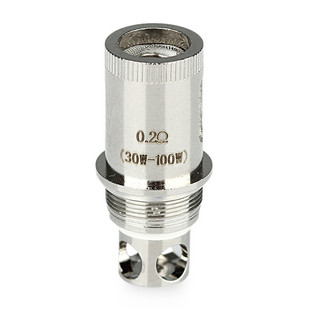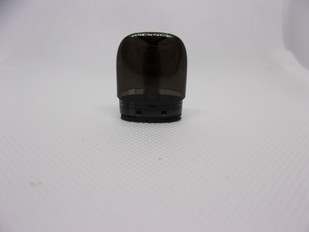- Home
- The Vape Mall Blog
- How to Potentially Manage Your Pet’s Weight with the Help of CBD
How to Potentially Manage Your Pet’s Weight with the Help of CBD
Posted by on

As pet owners, it’s our responsibility to monitor our furry friends’ wellbeing to ensure that they’re as healthy as possible. Pets aren’t exactly capable of letting us know that they’re feeling physically or mentally unwell, so we have to look for clues that indicate a problem, while going above and beyond to ensure that they receive proper daily care.
One way in which we monitor our pets’ health is by staying on top of their weight. We know that a pet must maintain a healthy weight in order for their bodies to function properly. We also know that sudden or drastic weight changes can indicate an underlying issue that requires medical attention.
That’s why we’ll be talking about the relationship between a pet’s weight and their overall health, especially when using CBD.
The Importance of Monitoring Your Pet’s Weight
It’s not surprising that a pet’s weight has a lot to do with their overall health. After all, we know that we must carefully manage our own weight, as being either overweight or underweight can put us at risk of certain health problems. The same goes for our pets, who are at risk of the same types of diseases if their weight is not within the healthy range for their breed.
A pet should be weighed at home every month or so in order to stay aware of any possible changes. This is a good way to catch weight loss or weight gain that may indicate the need for medical care.
An Overweight Pet
Pets who are overweight are at risk of a variety of ailments including heart disease and diabetes. Further, overweight pets tend to become depressed, because this conflicts with their natural instincts to be physically active. Sometimes, a pet can become overweight because of improper feeding. Maybe the owner is giving them too many treats per day, letting them taste too much human food or is giving them larger portions than their bodies need. Pets are opportunistic feeders who have a tendency to eat whatever is given to them, even if they are not hungry. This is due to their instincts which tell them that they never know when the next meal may come, so they had better eat when they can.
Sometimes, a pet can become overweight due to an underlying ailment which has nothing to do with the food you are giving them, or how many calories they are consuming. For example, pets may develop thyroid issues that cause them to put on excess weight.
An Underweight Pet
A pet that is underweight is also at risk of various complications. Pets require a certain amount of nutrients each day in order for their bodies to be in good health. Receiving inadequate nutrition can lead to a wide range of problems.
A pet may be underweight due to not receiving enough food. This is why pet owners must know exactly how much food to give them each day based on their weight and breed. A pet may also lose weight due to a lack of appetite, as various issues can interfere with their desire to eat. Further, they may have an underlying issue that is causing them to lose weight regardless of how much they eat, such as hyperthyroidism.
Speaking to Your Veterinarian About Your Pet’s Weight Issues
It’s very important that you see a veterinarian if you suspect that your pet’s weight is abnormal, or if you notice sudden changes in their weight. Only a vet can determine the cause of the weight issue and suggest a treatment plan based on their unique situation.
CBD and Your Pet’s Weight
Cannabidiol happens to be the dominant compound found in the flowers of the female hemp plant. CBD is a cannabinoid, which is a class of cannabis-derived compounds that are processed by the endocannabinoid system, which is a bodily system found in every mammal. When the body is fed cannabinoids like CBD, the endocannabinoid system sends them to cannabinoid receptors located throughout the body, and this allows bodily processes to be regulated. Cannabinoid receptors are found in every bodily system and regulate the body in order to achieve homeostasis.
What the Studies Say
It’s important to note that because all mammals have this endocannabinoid system, CBD can offer the same effects to our pets that it does to humans. In other words, giving our pets CBD can help regulate the functions of their bodies by supplying their endocannabinoid systems with cannabinoids. CBD is considered nontoxic to all mammals.
Study #1: One regulatory action that CBD may offer is appetite regulation. Regular cannabidiol consumption could lead to a balanced appetite. This would imply that CBD has the potential to be helpful whether your pet tends to overeat or undereat.
Study #2: CBD’s potential regulatory effects can actually determine the way in which fat is stored in the body and may be able to combat obesity caused by the accumulation of white adipose tissue.
Giving Your Pet CBD for Weight Management
If you are concerned about your pet’s weight and wish to start them on a hemp regimen, it’s important that you speak to your veterinarian first. They are the ONLY ones authorized to provide medical advice based on your pet’s specific needs. Your vet may also be able to help you develop a treatment plan that’s customized for them.
It’s crucial that you only give your pet a CBD product formulated for their species. Lots of pet-friendly CBD products can be found on the market today, so find one that is formulated for your pet’s weight. It’s ideal to give them CBD daily for proper endocannabinoid system support.
Weight Plays a Major Role in Your Pet’s Overall Health
Which is why staying on top of their weight is such an important responsibility as a pet owner. If you’re having concerns about their weight, we suggest that you talk to your vet about giving them cannabidiol.
 Loading... Please wait...
Loading... Please wait...



















